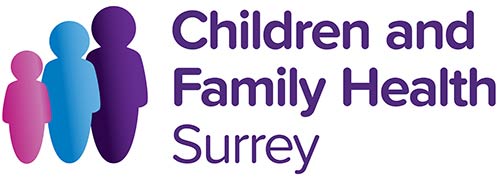Higher level language involves verbal reasoning skills such as prediction, inference and problem solving.
- Be aware of non-literal language such as idioms, jokes and sarcasm as your child may interpret these literally (e.g. butterflies in my stomach).
- Explain any non-literal language as this arises.
- Avoid questions such as 'Shall we...', 'Can you...' or 'Do you want to...' as this implies a choice (e.g. Instead of 'Shall we tidy up now?' say 'We’re going to tidy up'. Instead of 'Can you close the window?' say 'Close the window').
- Sequencing skills need to be developed before your child can make a prediction about what might happen next. In order for your child to learn how to sequence ideas they first have to experience an event and then practise sequencing it in pictures e.g. baking cakes, making a cup of tea, brushing your teeth. Prediction (thinking about what might happen next or be said next).
- Ask 'What do you think might happen next?' questions e.g. ask your child what might happen next in a storybook or television programme.
- See if your child can describe the day’s weather and use this information to make predictions, e.g. 'It’s raining, what will happen at playtime?' (i.e. indoor play instead of outside play). Inference (information that has been assumed but not explicitly stated).
- Ask 'why?' and 'how do you know that?' questions and initially model the correct response e.g. ask 'why do we put ice cream in the freezer?' (so it doesn’t melt) or 'how do you know you need to wear your wellies?' (it’s raining and/or there’s puddles/mud outside).
- Observe people within the school/wider environment or look at pictures. Talk about how the person may feel and explain why.

